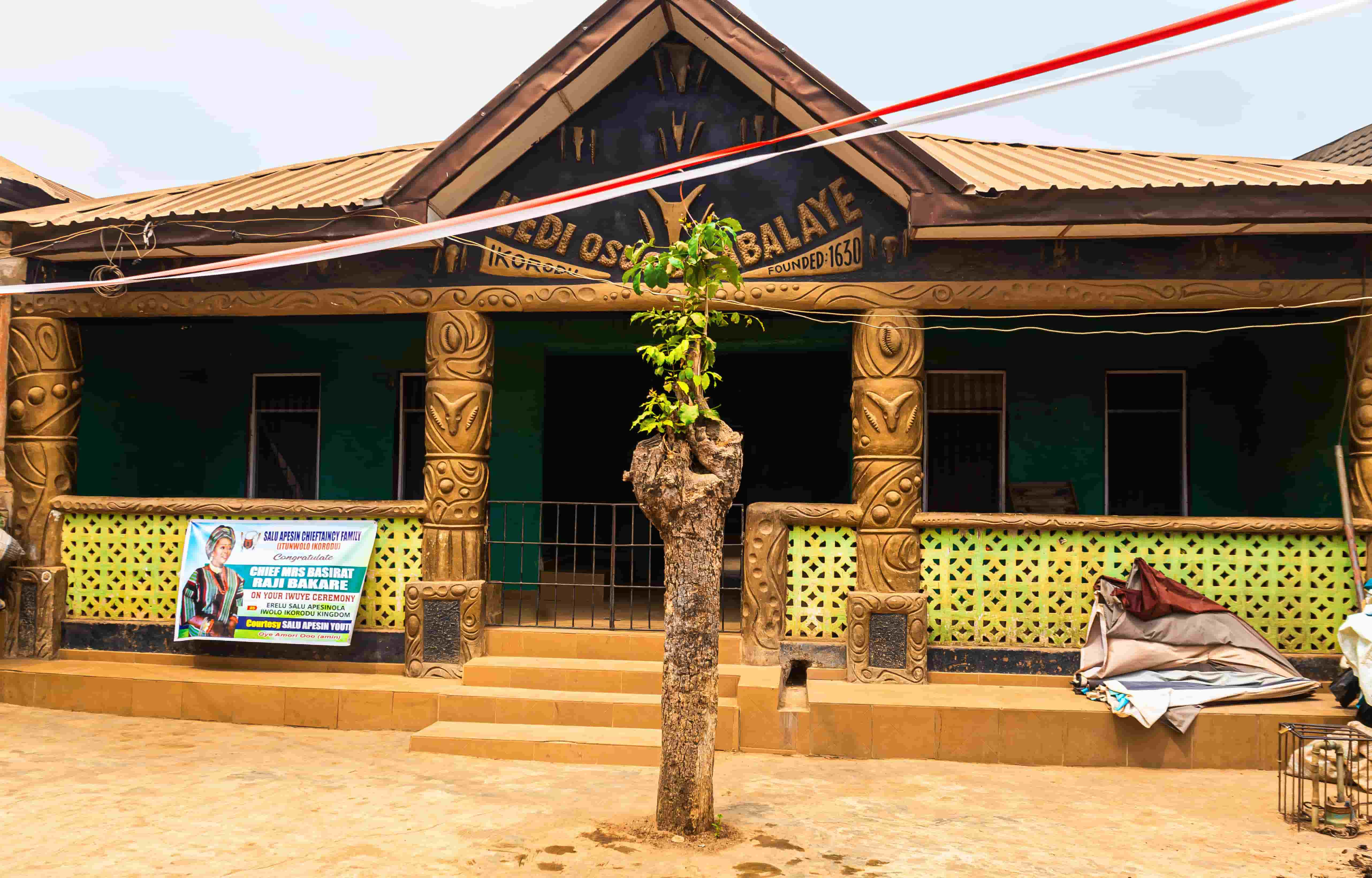Heritage of Lagos: Where Tradition Meets Progress
Explore the heartbeat of Nigeria – where every street, sound, and story carries the spirit of resilience and creativity
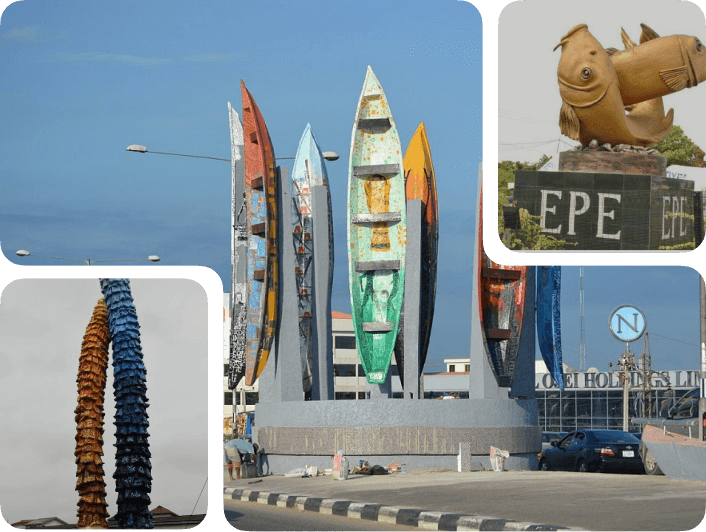
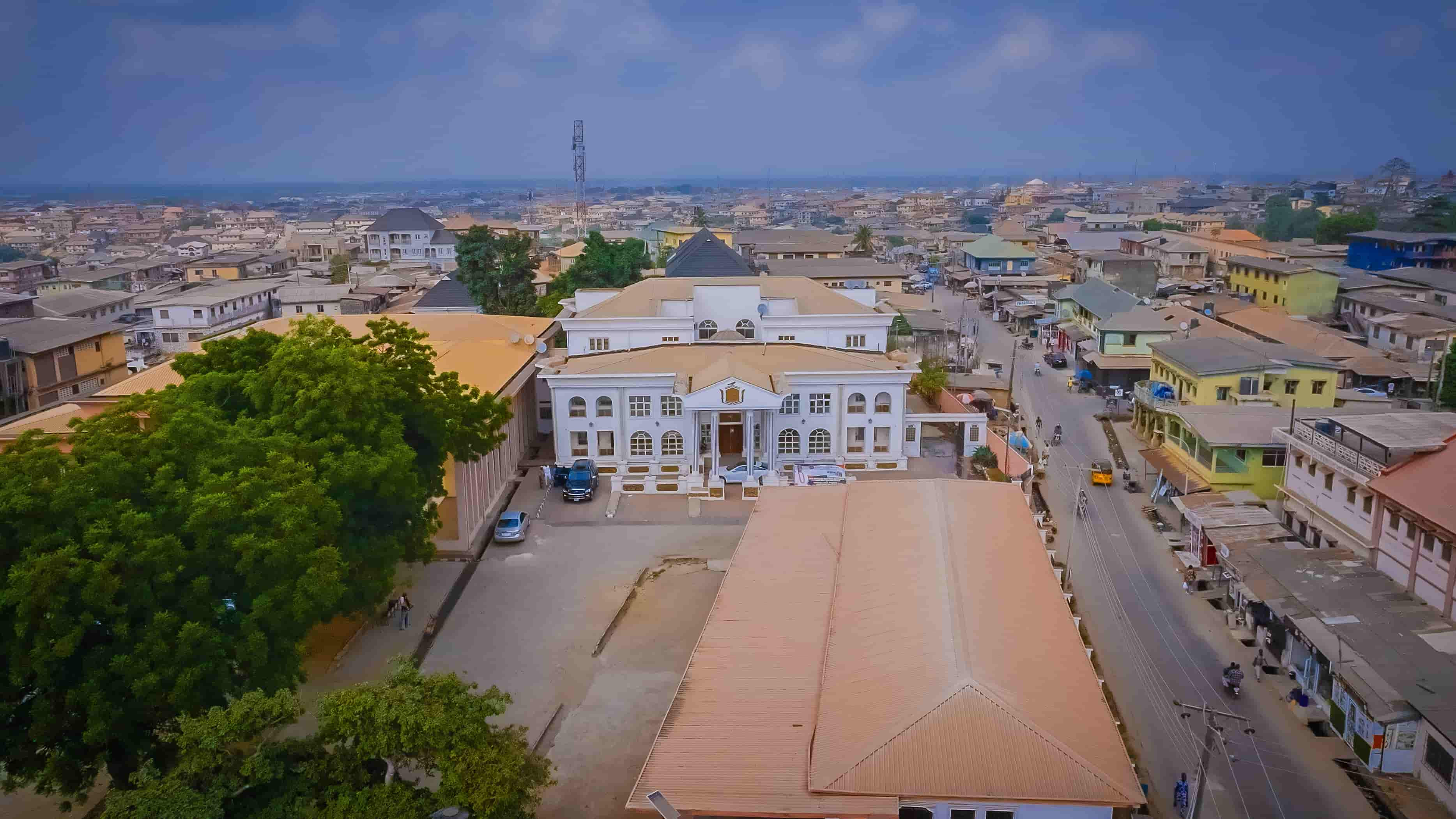


A STAKEHOLDER CALL TO ACTION ON THE LAGOS LISTED SITES PRESERVATION LAW (2011)
In 2020, the Lagos State Government commenced a series of strategic solutions to cushion the economic effects of COVID-19 – one of which was an invitation to the Cultural Heritage and Creative Cultural Industries toward the revitalization of the State’s economy especially through investments that can further support the 20-year Tourism Master Plan.
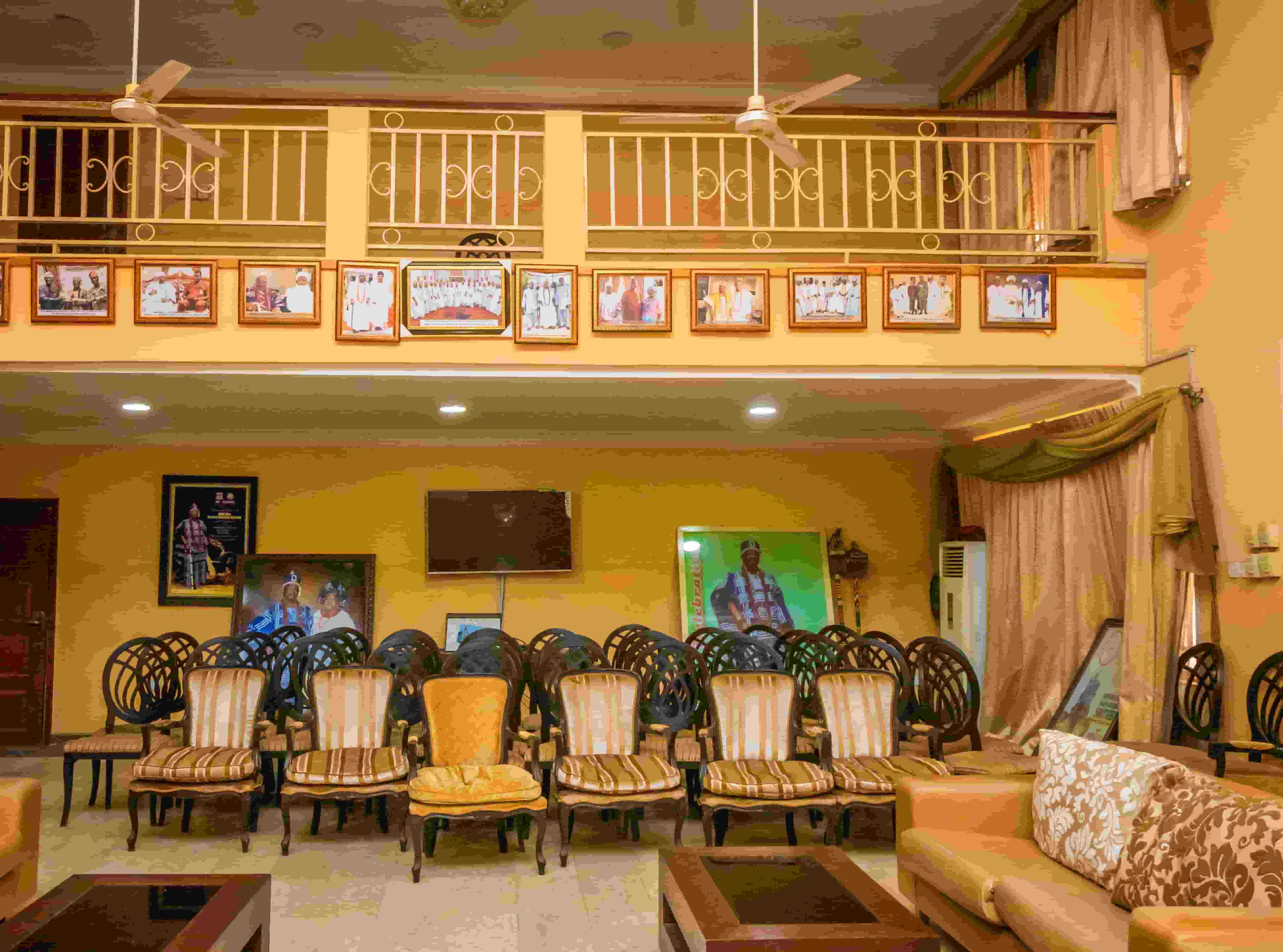
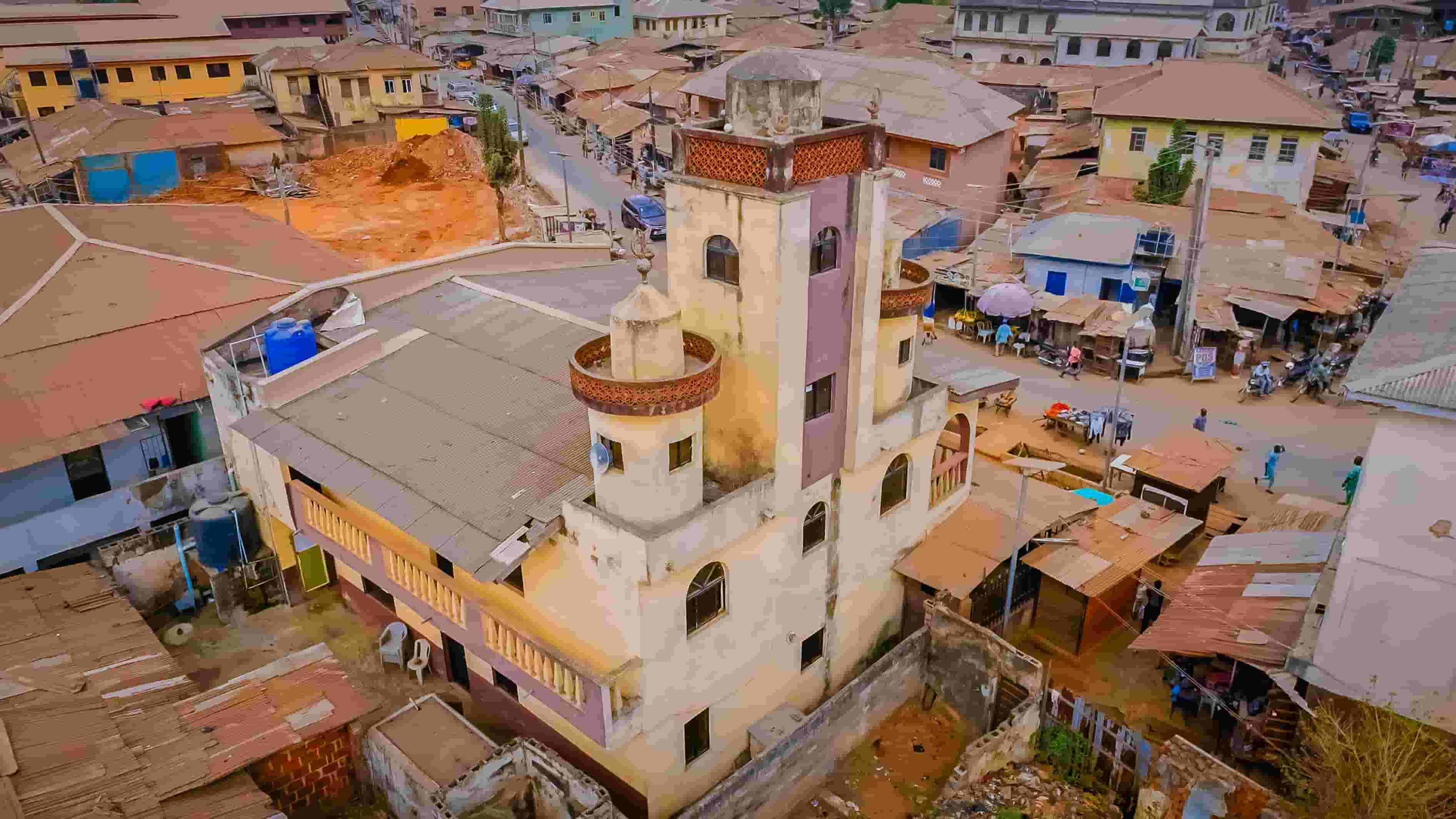
First Mosque in Ikorodu

A bustling market like Balogun Market.

Traditional Yoruba drummers or dancers in vibrant attire.

Tafawa Balewa Square.
Igunnuko Festival is the celebration of the tallest masquerade in the world. The masquerade emanates from the Nupe, Niger Kogi, Kwara state and Abuja in Nigeria. In the Yoruba tradition, when the Igunnuko masquerade emerged at festivals or ritual ceremonies, they are believed to be dieties.
The Igunnuko masquerade dance is performed once annually during the Igunnu festival. This, no doubt, attests to the fact that Nigerian culture encompasses the belief in their ‘gods’ to cure certain diseases.
Adire is a traditional Nigerian dyeing technique from the Yoruba people, using indigo dye and resist methods to create unique, patterned fabrics.
Suya is a popular Nigerian street food, consisting of skewered and grilled meat, typically beef or chicken, coated with a spicy peanut mixture. It’s often served with onions, tomatoes, and spicy pepper sauce.

The Eyo Festival, a vibrant Yoruba celebration in Lagos, honors royalty with parades of masqueraders in white robes. It symbolizes unity, culture, and heritage, dating back to the 19th century.

Adire is a traditional Nigerian dyeing technique from the Yoruba people, using indigo dye and resist methods to create unique, patterned fabrics.

Suya is a popular Nigerian street food, consisting of skewered and grilled meat, typically beef or chicken, coated with a spicy peanut mixture. It’s often served with onions, tomatoes, and spicy pepper sauce.
Lagos by the Numbers
Over 400 years as a thriving trading hub.
250+ ethnic groups contributing to Lagos’s rich culture.
20+ iconic sites, from museums to historical landmarks
50+ festivals and events hosted yearly.


